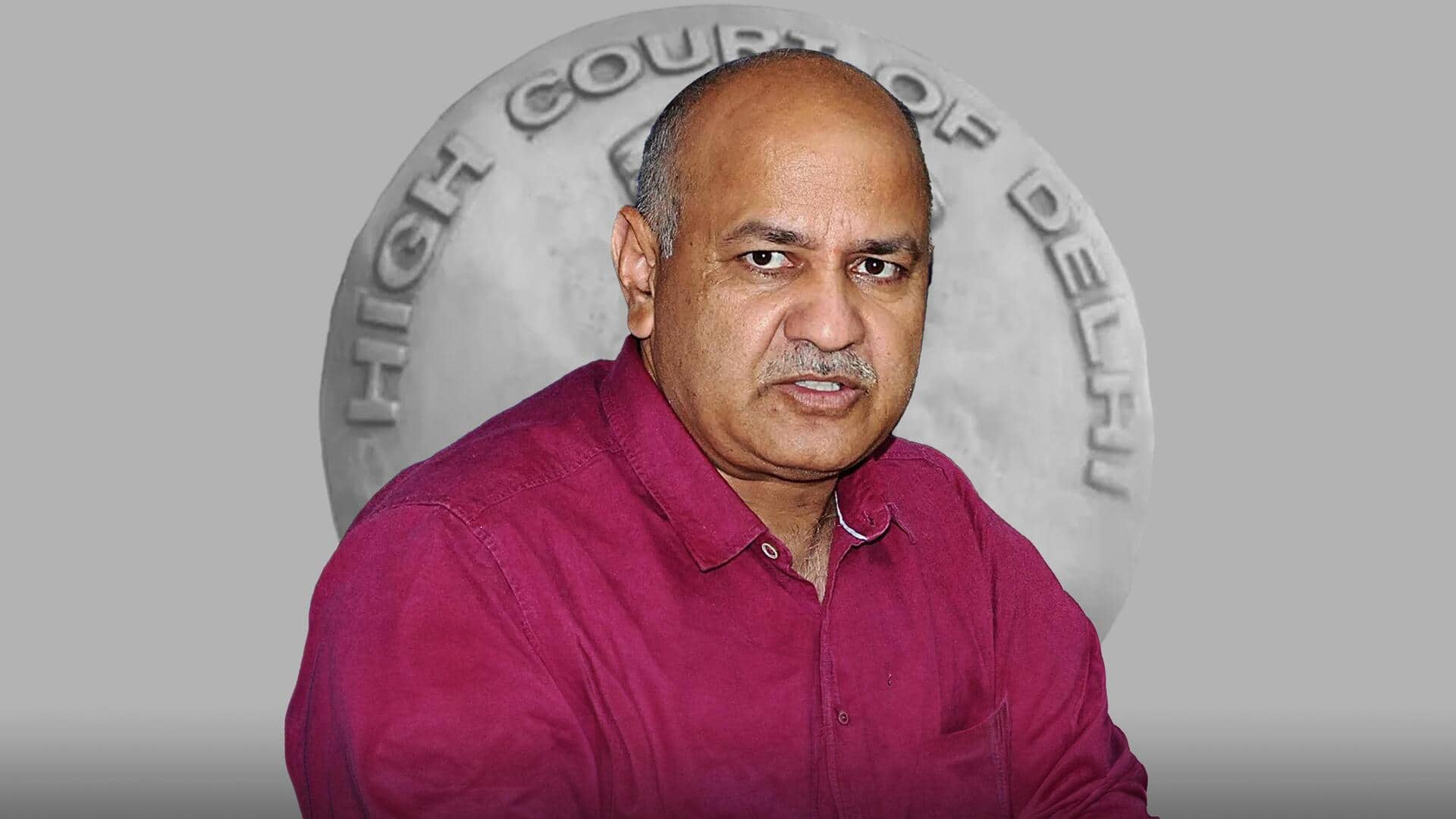
Manish Sisodia's judicial custody extended till May 30
What's the story
The Rouse Avenue Court on Wednesday extended the judicial custody of Aam Aadmi Party (AAP) leader and Delhi's former Deputy Chief Minister, Manish Sisodia, until May 30. Sisodia has been lodged in Tihar Jail in connection with a money laundering probe linked to the now-scrapped Delhi excise policy. Special Judge Kaveri Baweja extended Sisodia's custody after he was produced before the court through video conference on the expiry of his judicial custody granted earlier.
Context
Why does this story matter?
Sisodia was first arrested by the Central Bureau of Investigation on February 26, 2023, and later by the Enforcement Directorate on March 9, 2023. The extension of Sisodia's custody comes just a day after a Delhi High Court bench reserved judgment on his bail pleas in the excise case. Sisodia's counsel—while seeking bail for him—has argued that the ED and the CBI are still making arrests in the case, and there is no question of early conclusion of the trial.
Background
Excise policy case explained
In November 2021, the Delhi government introduced the excise policy for 2021-22. However, less than a year later, it opted to abandon it following widespread corruption accusations. Central investigation agencies asserted that wholesaler profit margins were artificially inflated to 12% from 5%, promoting cartelization and benefiting ineligible license holders. The Arvind Kejriwal-led Delhi administration has refuted the allegations, arguing that the policy would have boosted revenue.
Statement
ED to make AAP accused in Delhi excise policy case
Meanwhile, on Tuesday, the ED told the Delhi HC that it will make the AAP an accused in the excise policy scam. The central agency made the submission while the court was considering Sisodia's plea seeking bail in the case. This will be the first time in Indian politics wherein a political party will be implicated directly in a case.
Information
AAP's alleged role in excise policy scam
The federal agency alleges that liquor companies involved paid kickbacks amounting to ₹100 crore to the AAP, some of which were routed to public servants. According to the ED, the party used the illegally generated funds to campaign for the Goa and Punjab elections